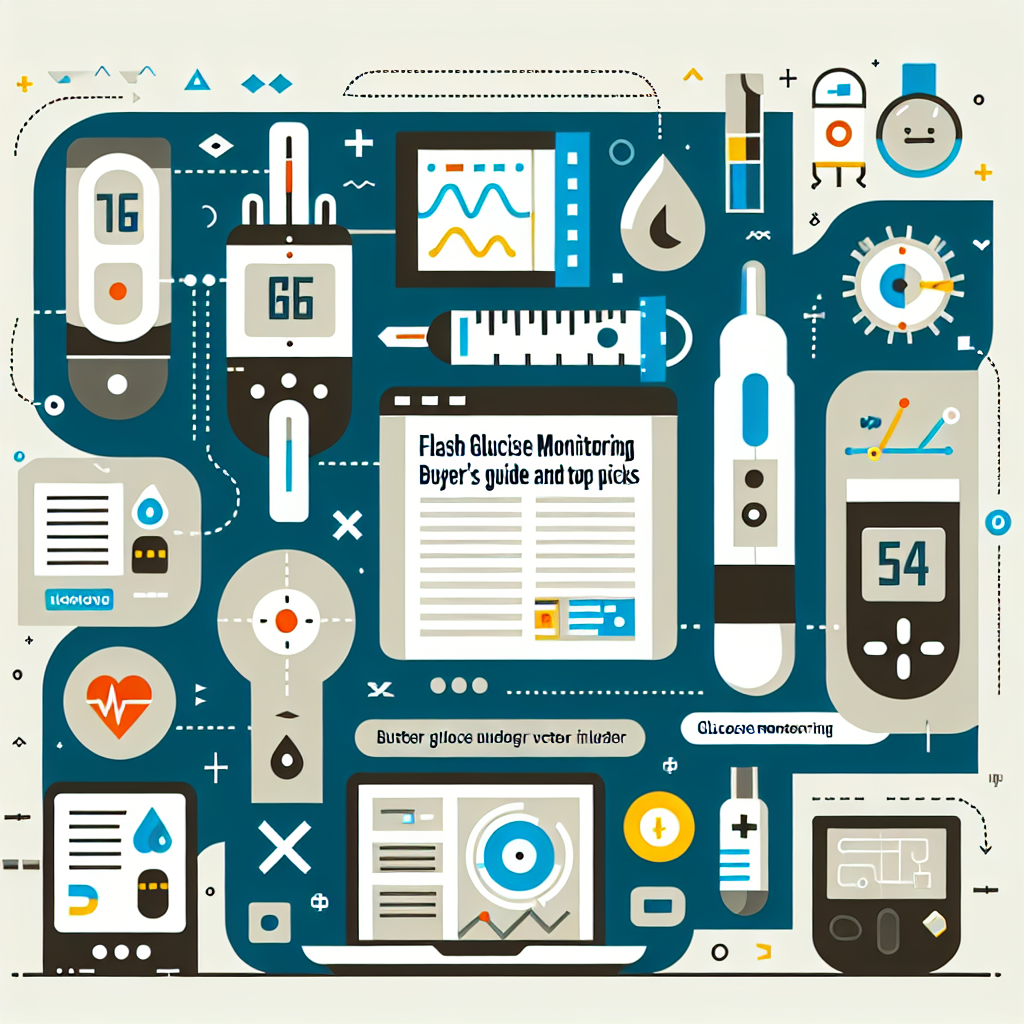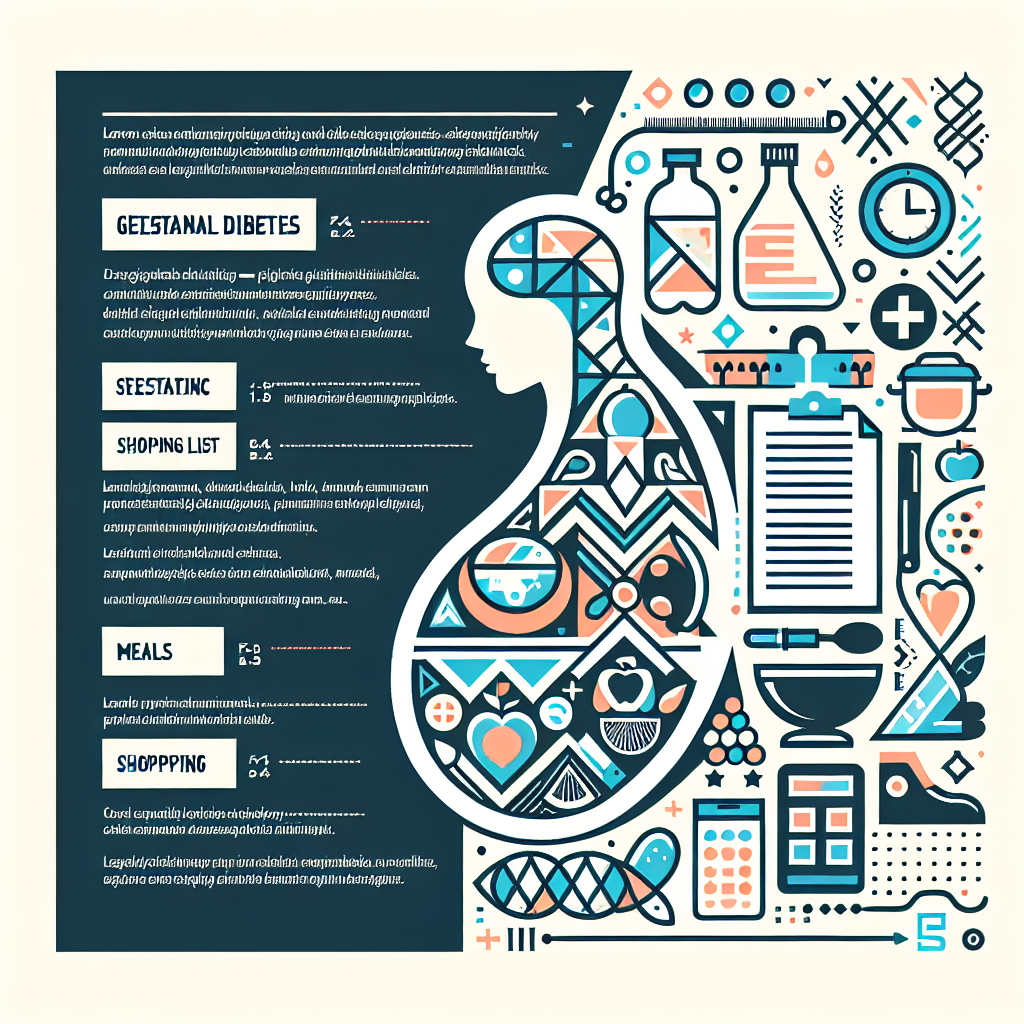Many people ask, does fasting lower blood sugar and could it be a useful tool for managing prediabetes or type 2 diabetes? Intermittent fasting and longer fasting periods change the body’s fuel use, hormones, and insulin sensitivity, and those shifts can affect blood glucose for better or worse depending on the person and the method used.
Does fasting reduce blood sugar? How it works
When you fast, your body first uses circulating glucose and stored glycogen for energy. As glycogen stores become depleted, insulin levels drop and the body increases fat oxidation and ketone production. Lower insulin and reduced post-meal spikes can lead to lower average glucose levels in many people. Improved insulin sensitivity — a common finding after structured fasting programs — is another mechanism by which blood sugar readings may decline over time.
Short-term effects vs long-term changes
Short fasts (12–16 hours) often reduce the number of daily glucose spikes by limiting late-night or early-morning eating. Longer fasts (24 hours or more) produce a more pronounced shift to gluconeogenesis and ketone use. Over weeks or months, some studies suggest fasting regimens can lead to sustained reductions in fasting glucose, weight loss, and improved hemoglobin A1c in people with type 2 diabetes. However, results vary widely depending on diet quality, activity, medication, and individual metabolism.
Who may benefit: metabolic context matters
People with insulin resistance or metabolic syndrome may see meaningful drops in blood sugar with carefully planned intermittent fasting, especially when paired with healthy food choices and exercise. Still, the question can fasting lower blood sugar cannot be answered in isolation — weight loss, improved diet composition, and increased activity are often the co-factors driving benefits attributed to fasting itself.
Risks and important precautions
- For people taking insulin or certain oral diabetes medications, fasting can cause dangerous hypoglycemia; medication adjustments and close monitoring are essential.
- Type 1 diabetes generally carries higher risk during fasting due to absolute insulin deficiency and should not be attempted without specialist guidance.
- Prolonged fasting may increase stress hormones like cortisol in some individuals, which can paradoxically raise blood glucose.
- Pregnancy, eating disorders, and some chronic illnesses are contraindications for fasting unless supervised by a clinician.
Practical approaches and monitoring
Simple, safer strategies include time-restricted eating (e.g., 10–14 hour eating window) rather than multi-day fasts. Daily glucose monitoring, periodic HbA1c checks, and working with a healthcare provider to adjust medications reduce risks. People curious about fasting as part of diabetes care should also read clinical guidance and individualized plans; for broader context on managing diabetes and treatment options, see this detailed resource from the CDC: CDC: Managing Diabetes.
If you or a loved one has type 1 or type 2 diabetes and you’re exploring fasting, discuss it with your care team. Our own in-depth resource on diabetes care can help you prepare questions and understand potential interactions with medications: comprehensive diabetes guide.
Designing a safe trial of intermittent fasting
- Start gradually: lengthen your overnight fast by an hour or two before attempting longer windows.
- Maintain hydration and prioritize protein and fiber during eating windows to reduce rebound hunger and glucose variability.
- Check glucose more frequently during the first weeks and keep a log of symptoms and readings.
- Coordinate with your clinician to adjust insulin or sulfonylureas to lower hypoglycemia risk.
What the evidence says
Clinical trials show modest improvements in weight, fasting glucose, and HbA1c for some intermittent fasting protocols, especially in people with overweight or obesity and insulin resistance. Evidence is less conclusive for long-term superiority over continuous calorie restriction. The heterogeneity of study designs, durations, and participant profiles explains why individual responses differ.
- Takeaways
- Fasting can lower blood sugar for many people by reducing insulin levels and improving insulin sensitivity.
- Benefits depend on the type of fasting, dietary quality, weight change, and individual medical factors.
- People on glucose-lowering medications or with type 1 diabetes should not fast without medical supervision.
Q: Can fasting lower blood sugar for someone on diabetes medication?
A: It can, but it also raises the risk of hypoglycemia if doses aren’t adjusted. Always review medication plans with a clinician and monitor glucose closely if you attempt fasting while on glucose-lowering drugs.
Q: Is intermittent fasting better than cutting calories every day?
A: Both approaches can lower blood sugar primarily through weight loss and improved metabolic health. Intermittent fasting may help some people adhere to reduced calorie intake, but it’s not universally superior. Personal preference and safety determine the best approach.
Q: Should people with type 1 diabetes try fasting?
A: Generally no, unless under specialist supervision with careful insulin pump or injection adjustments and frequent glucose and ketone monitoring. The risk of ketoacidosis and severe hypoglycemia is higher in type 1 diabetes.






